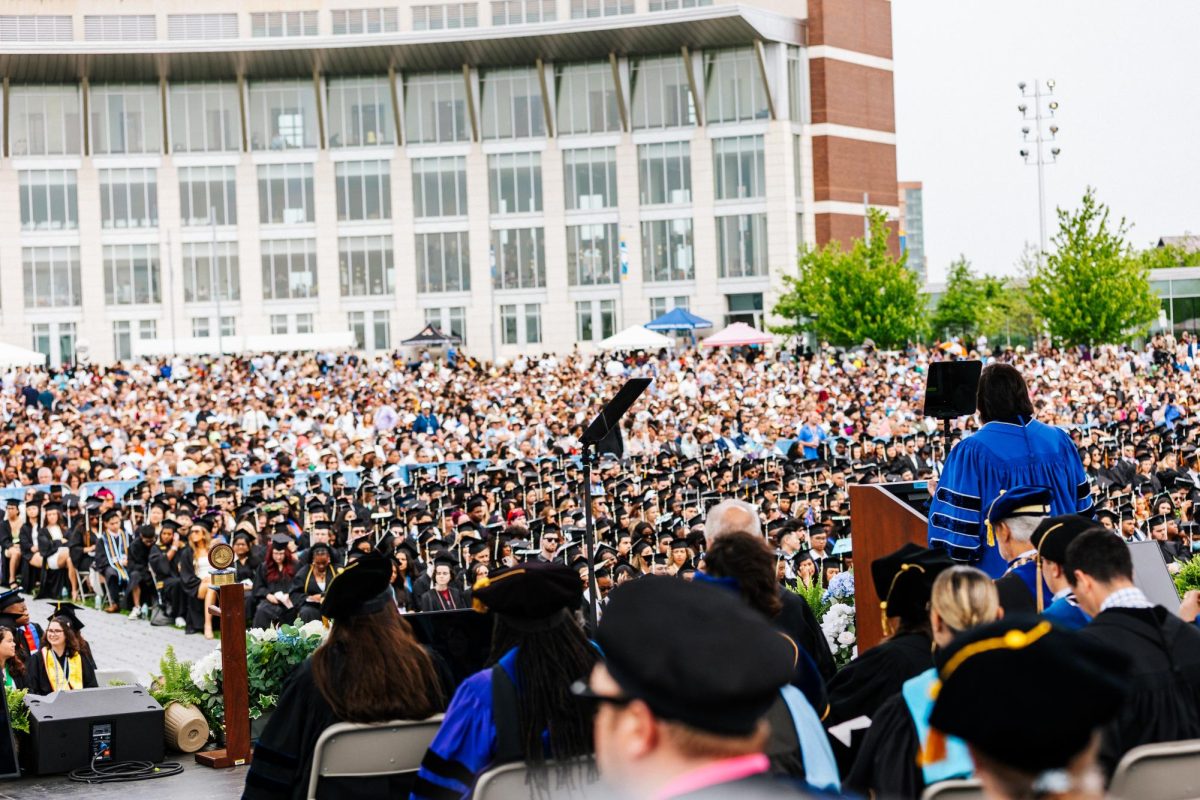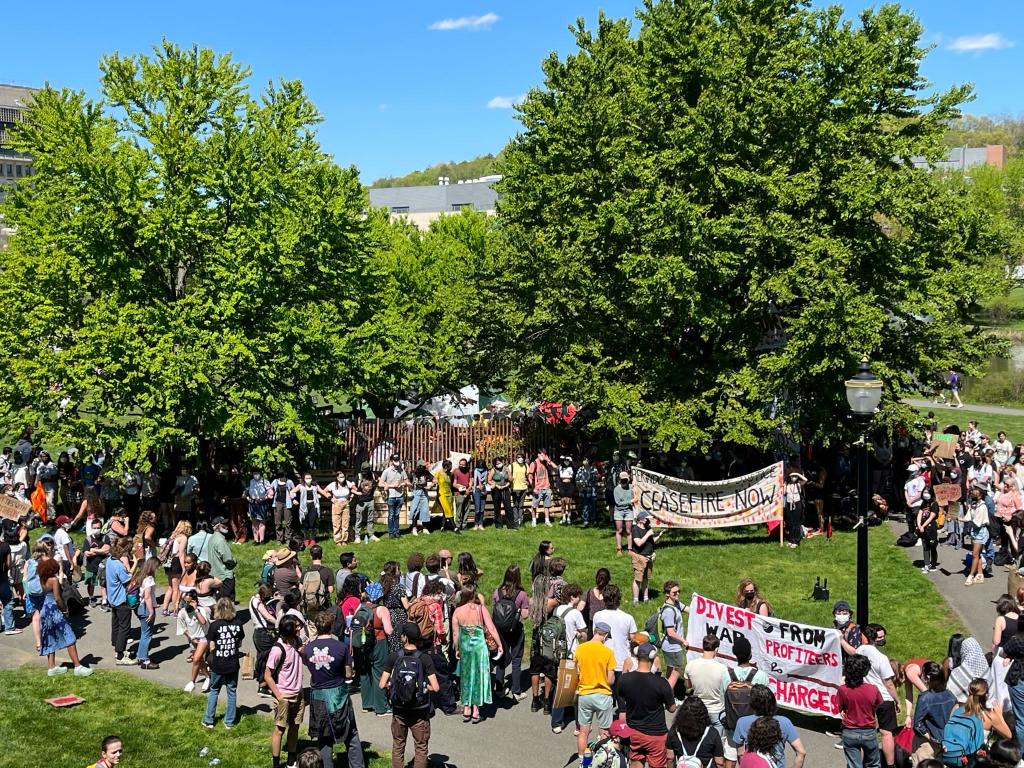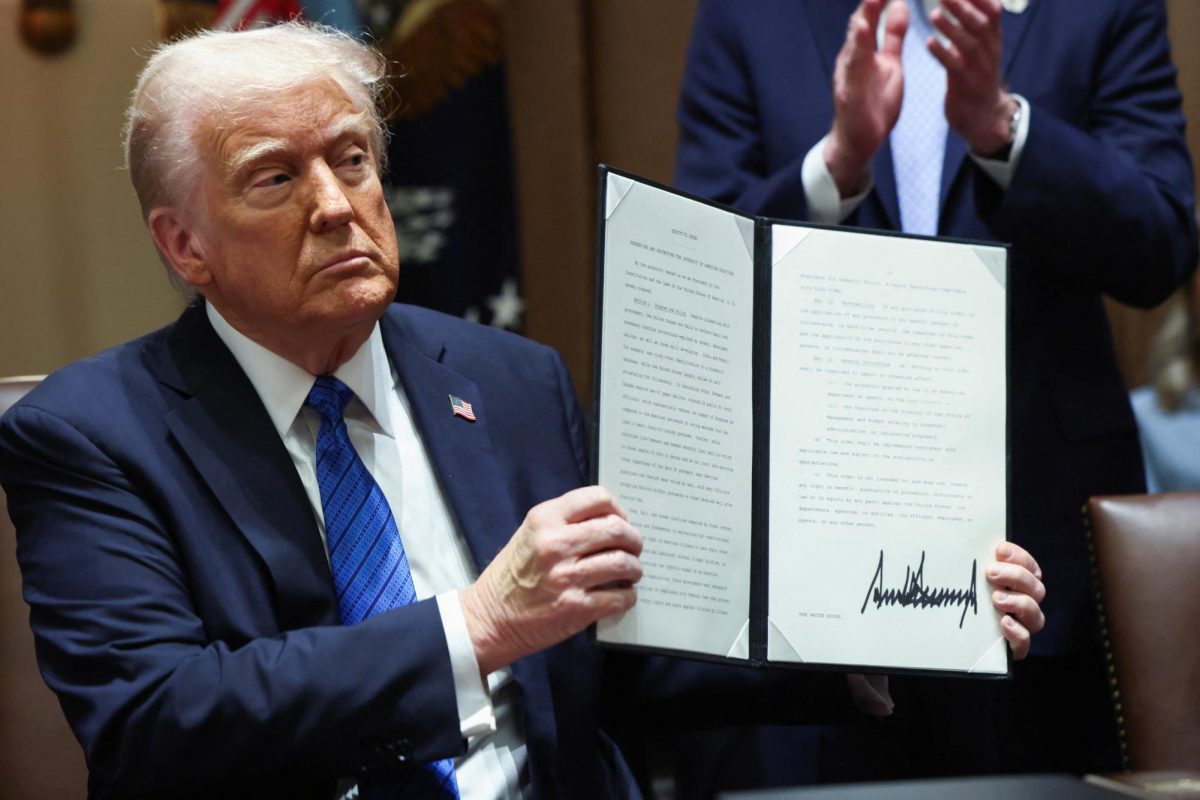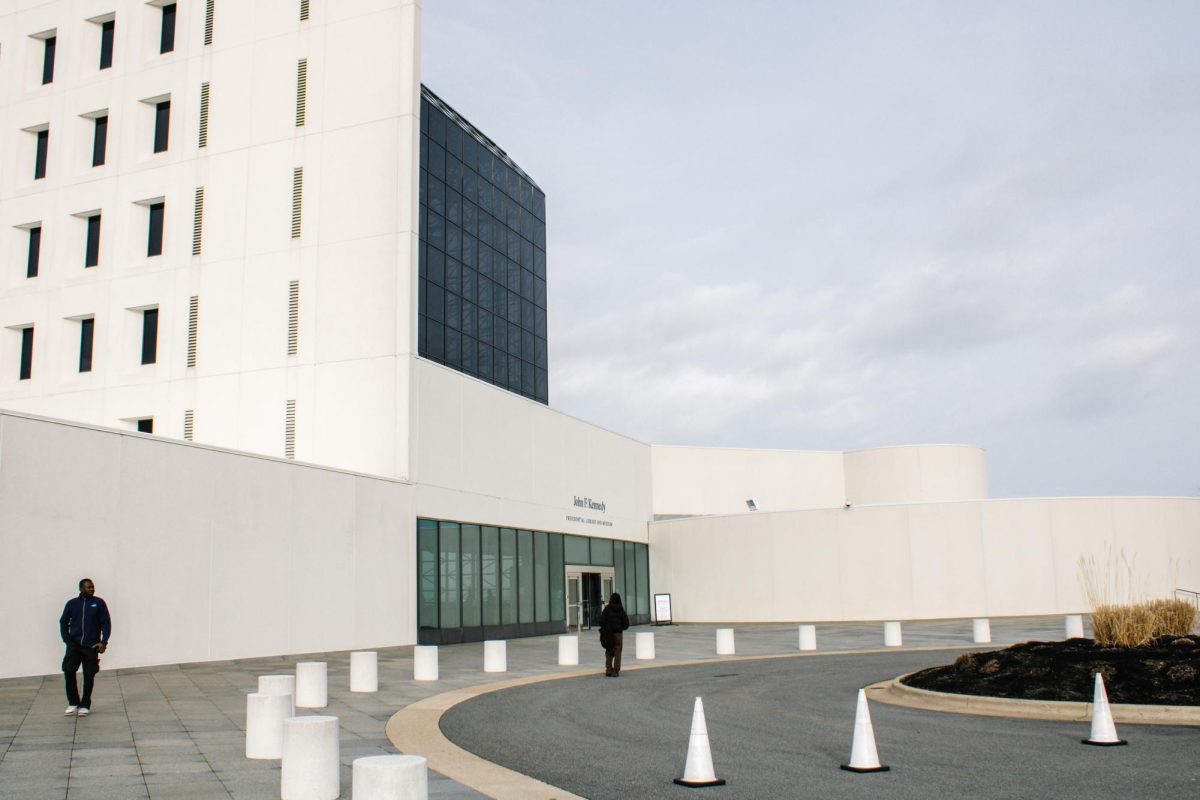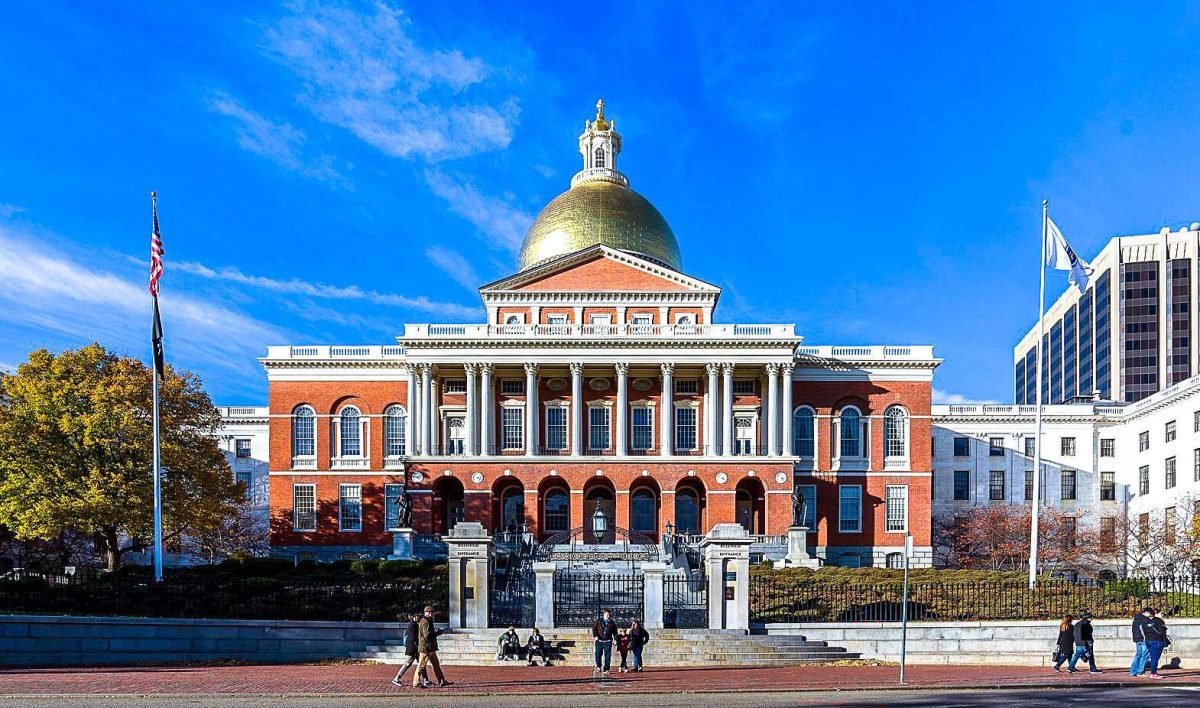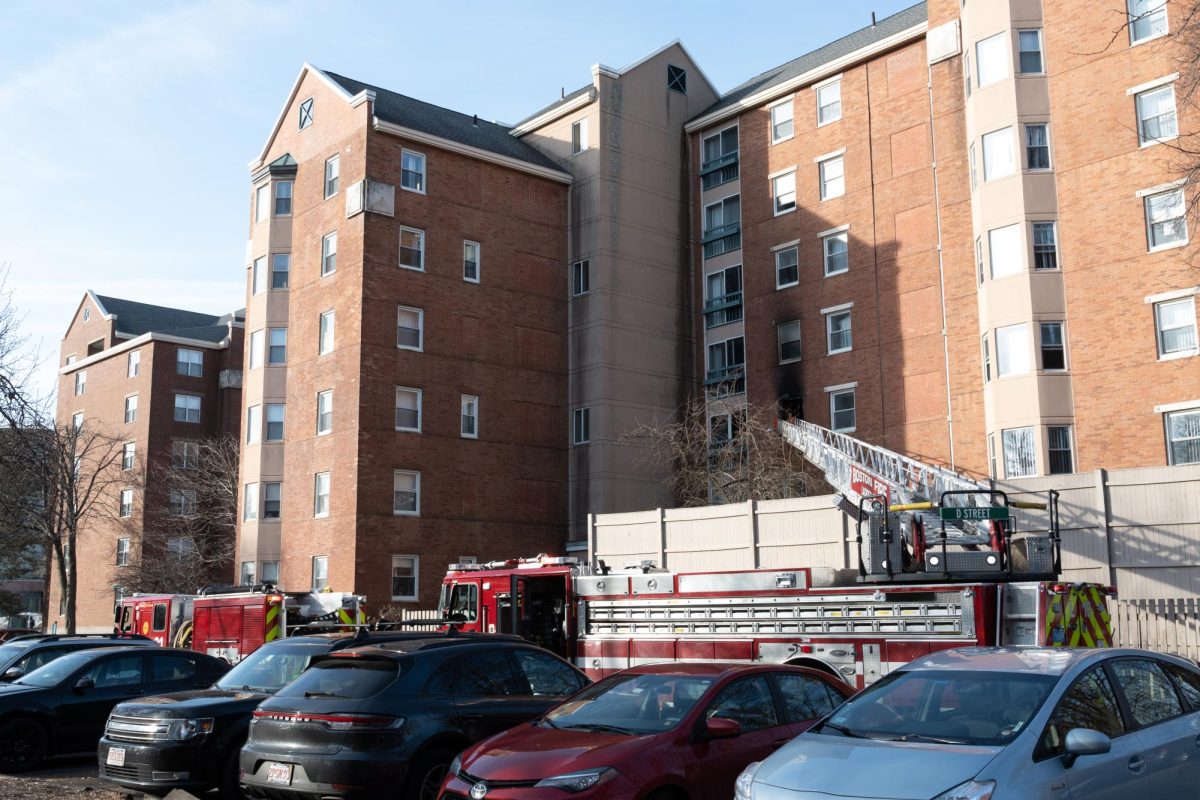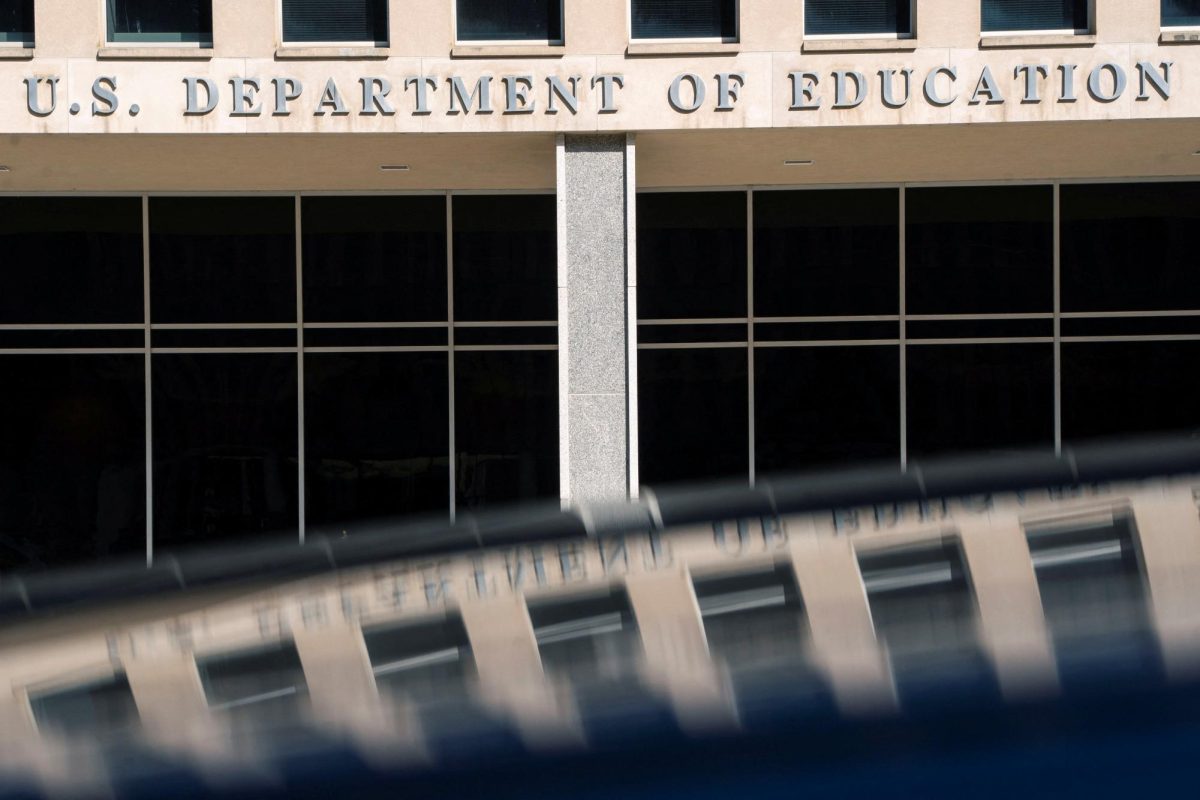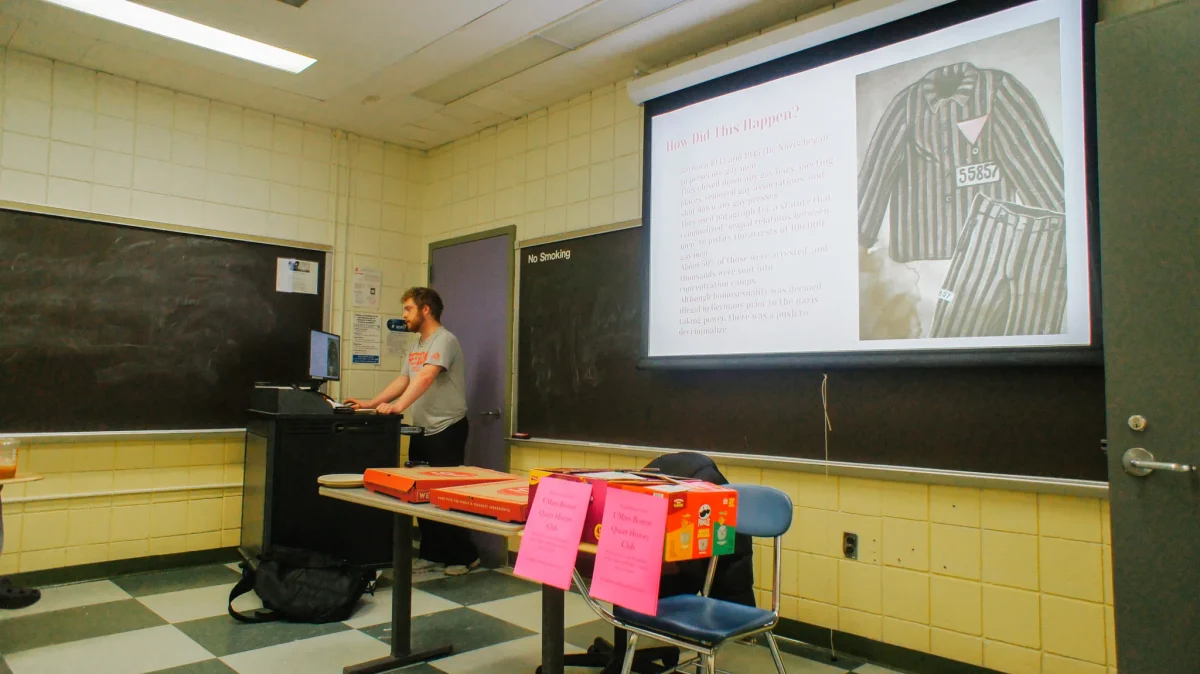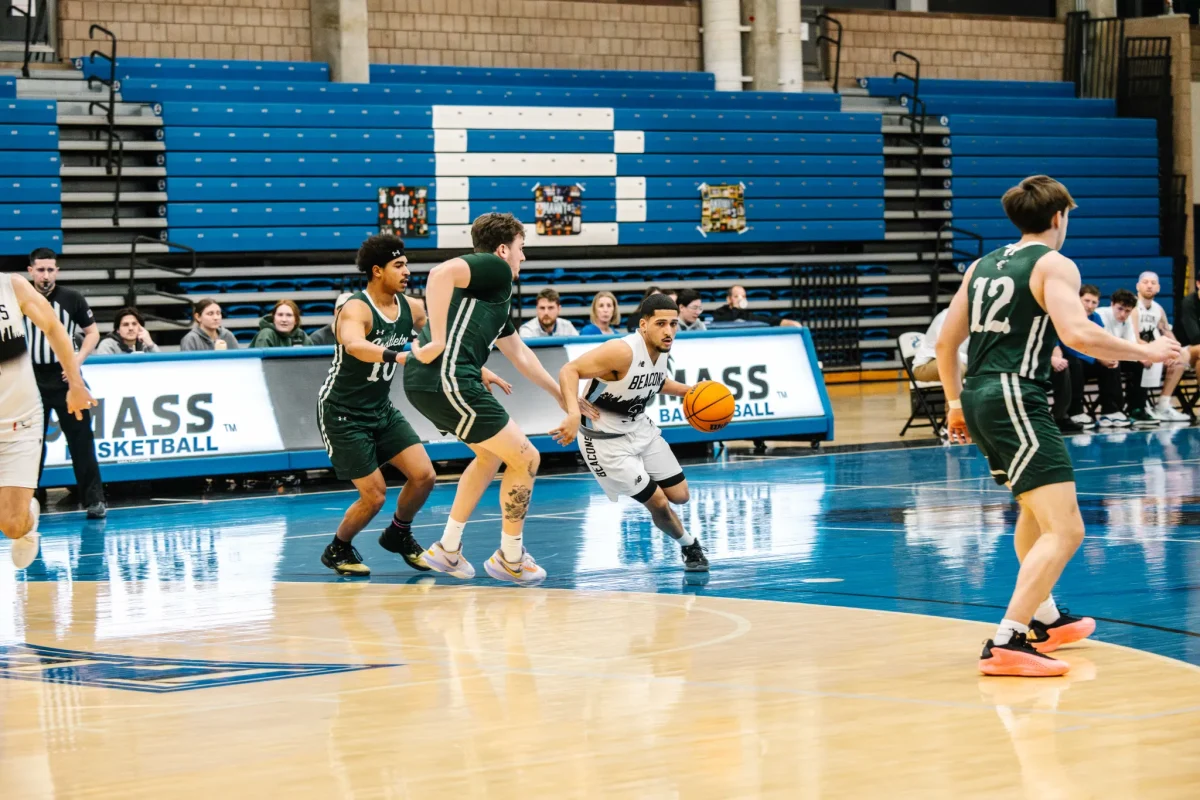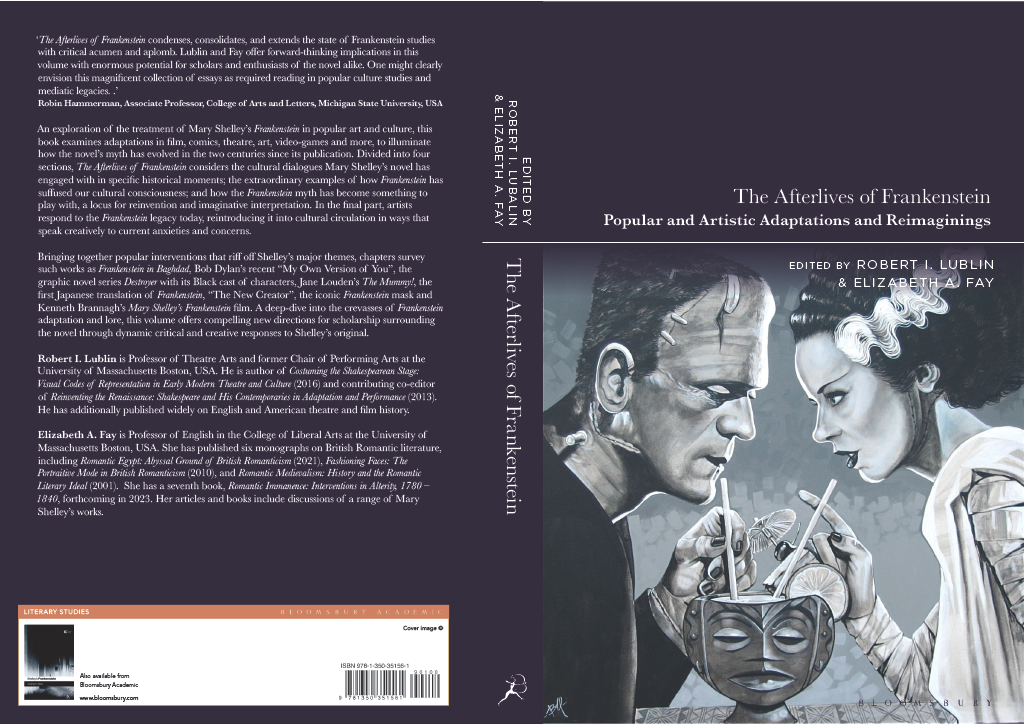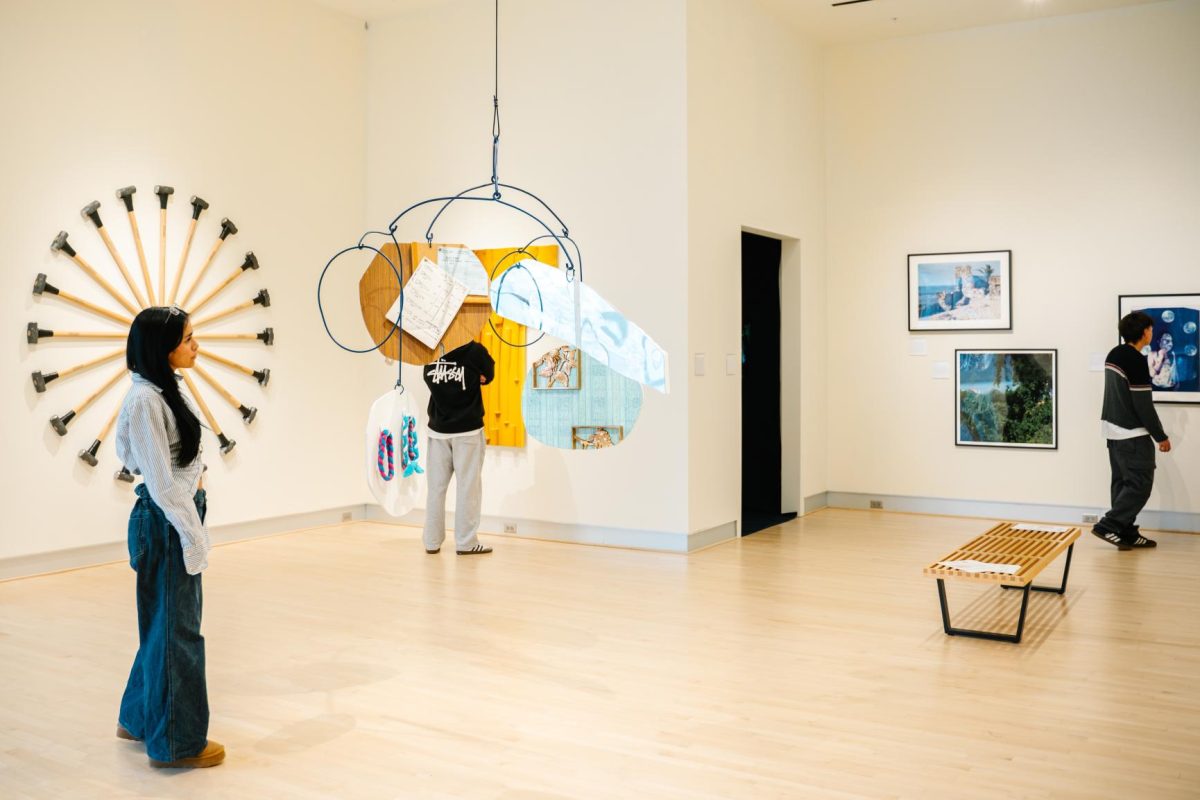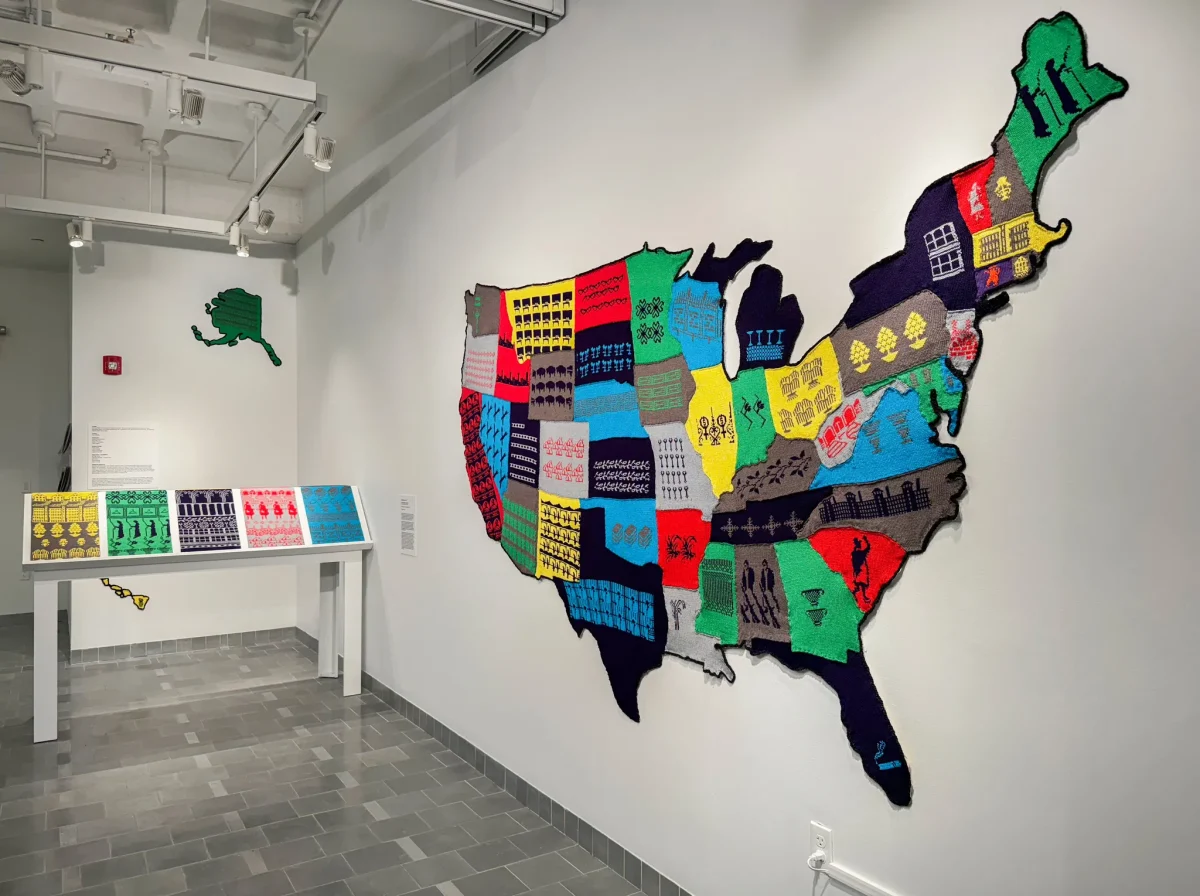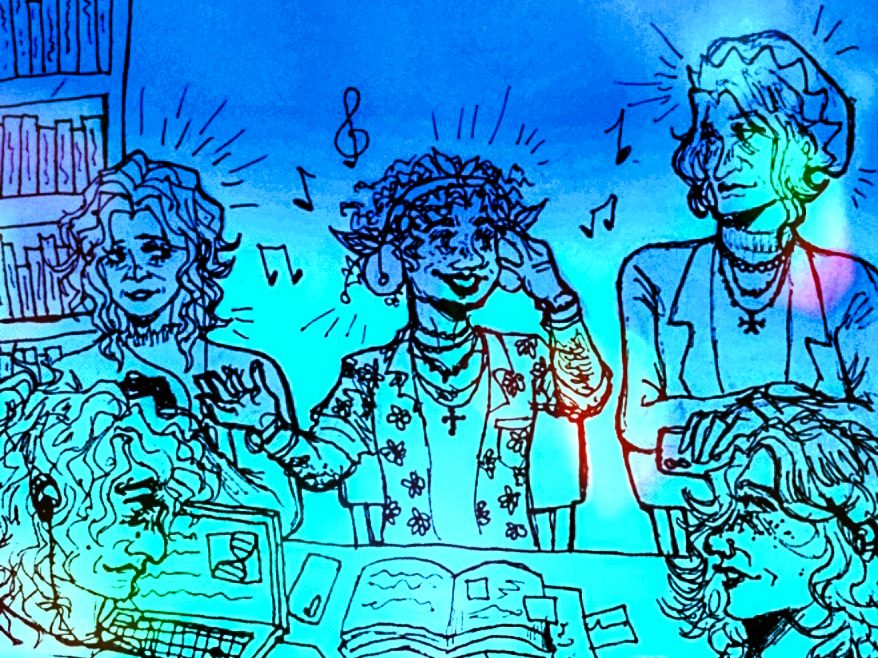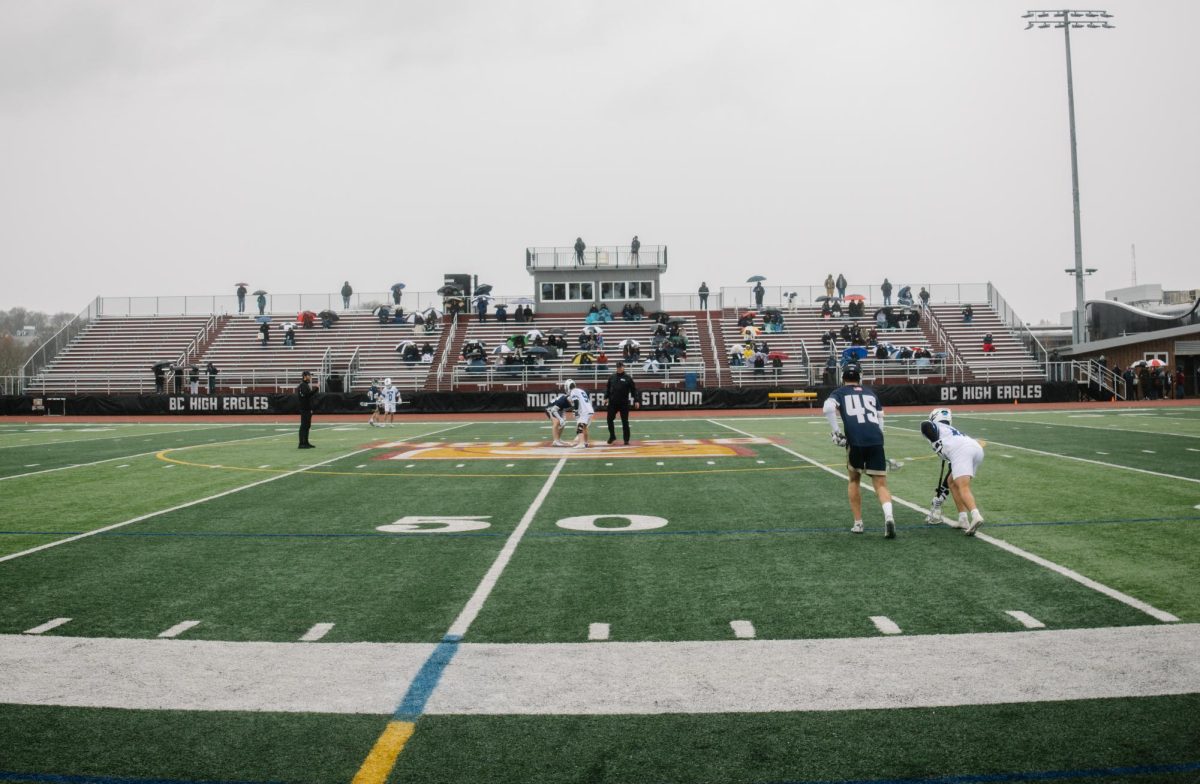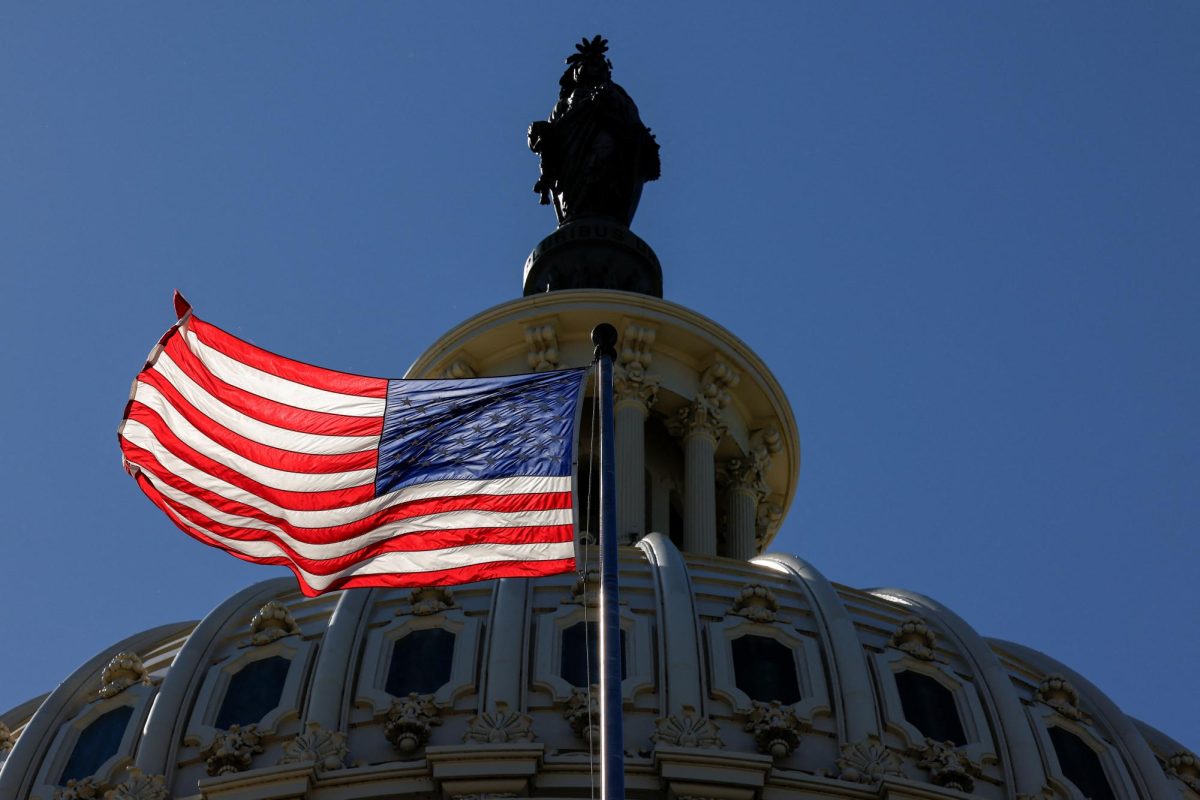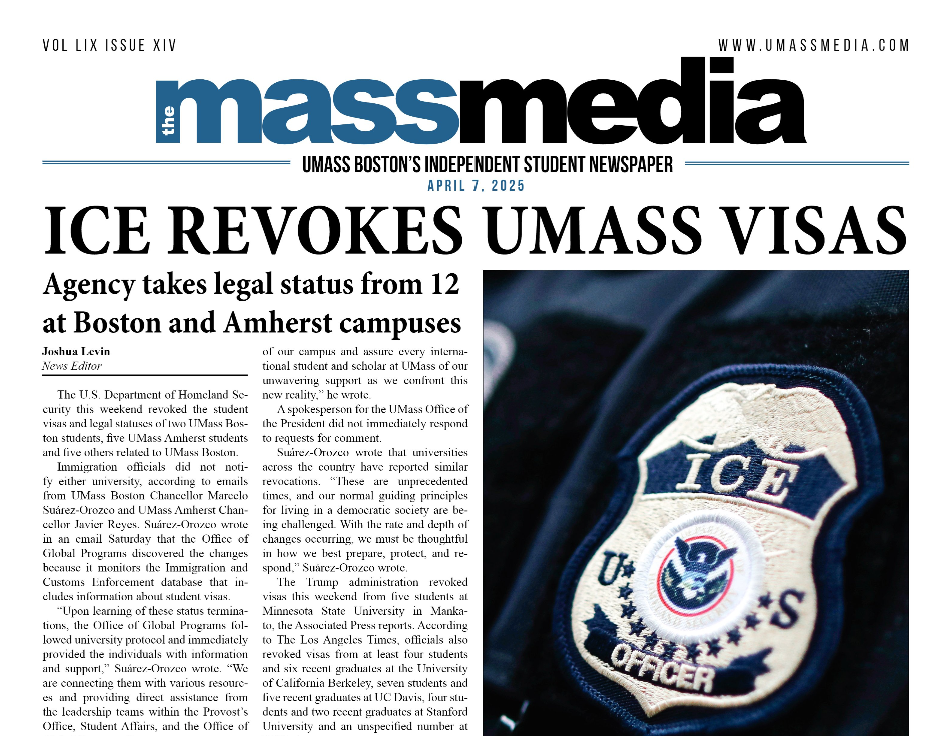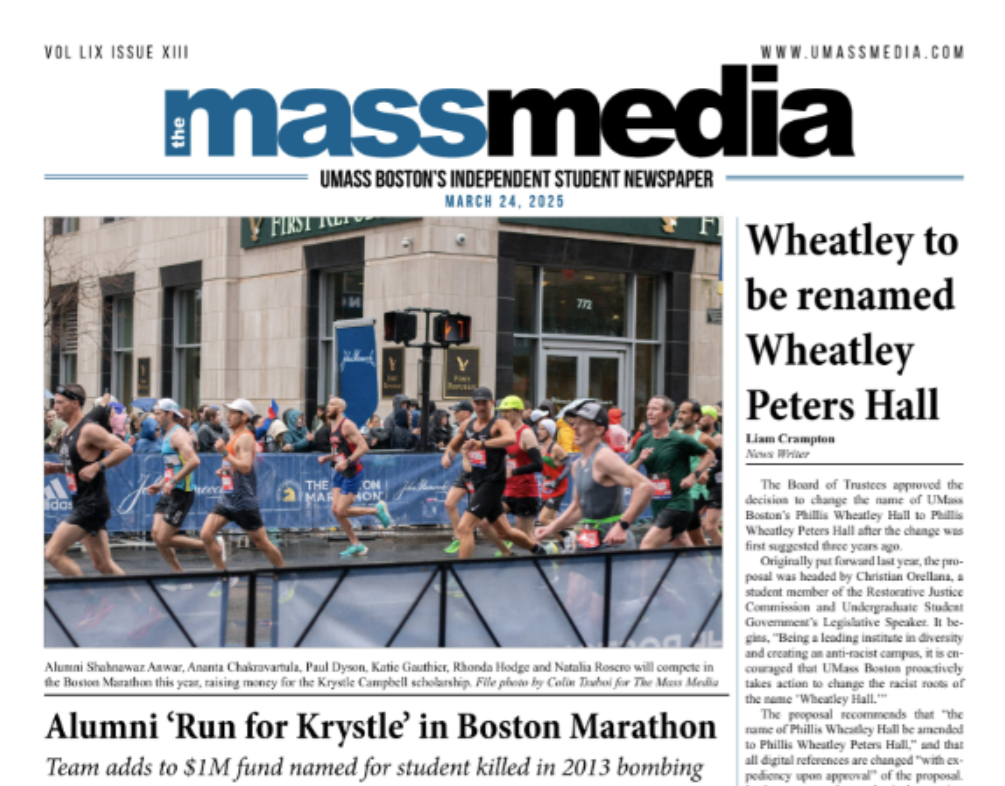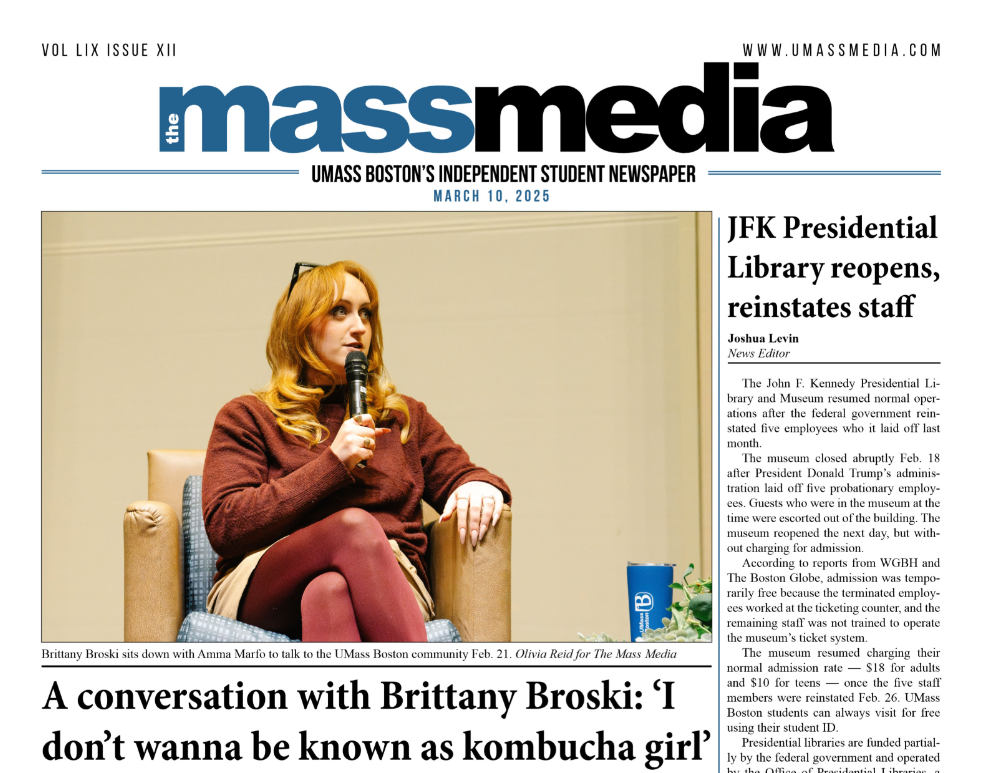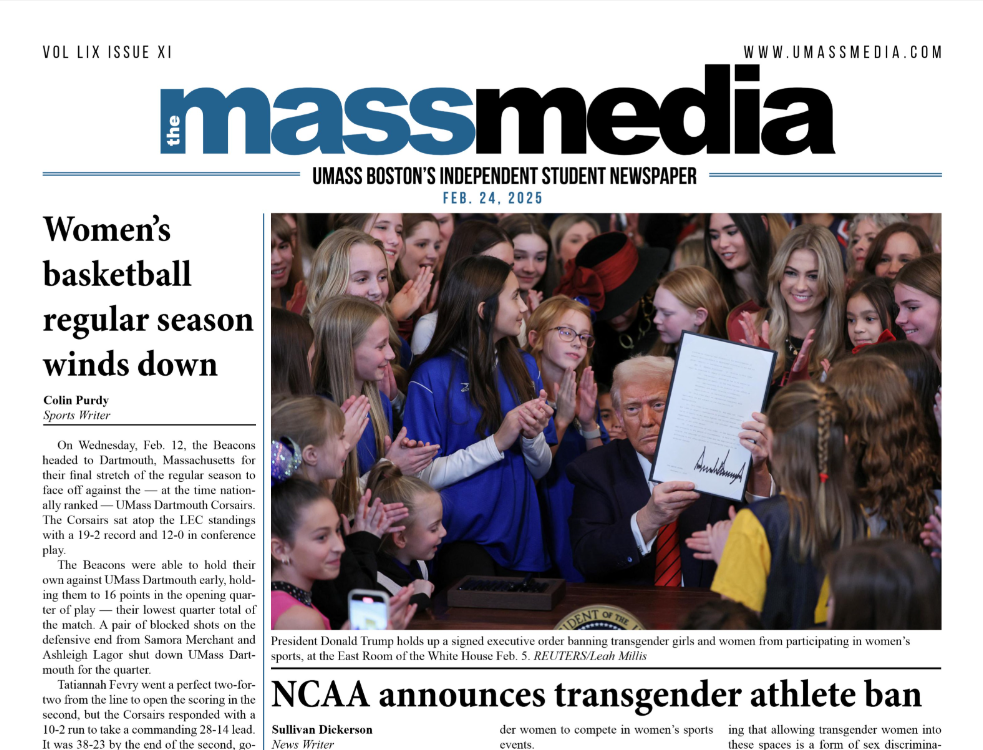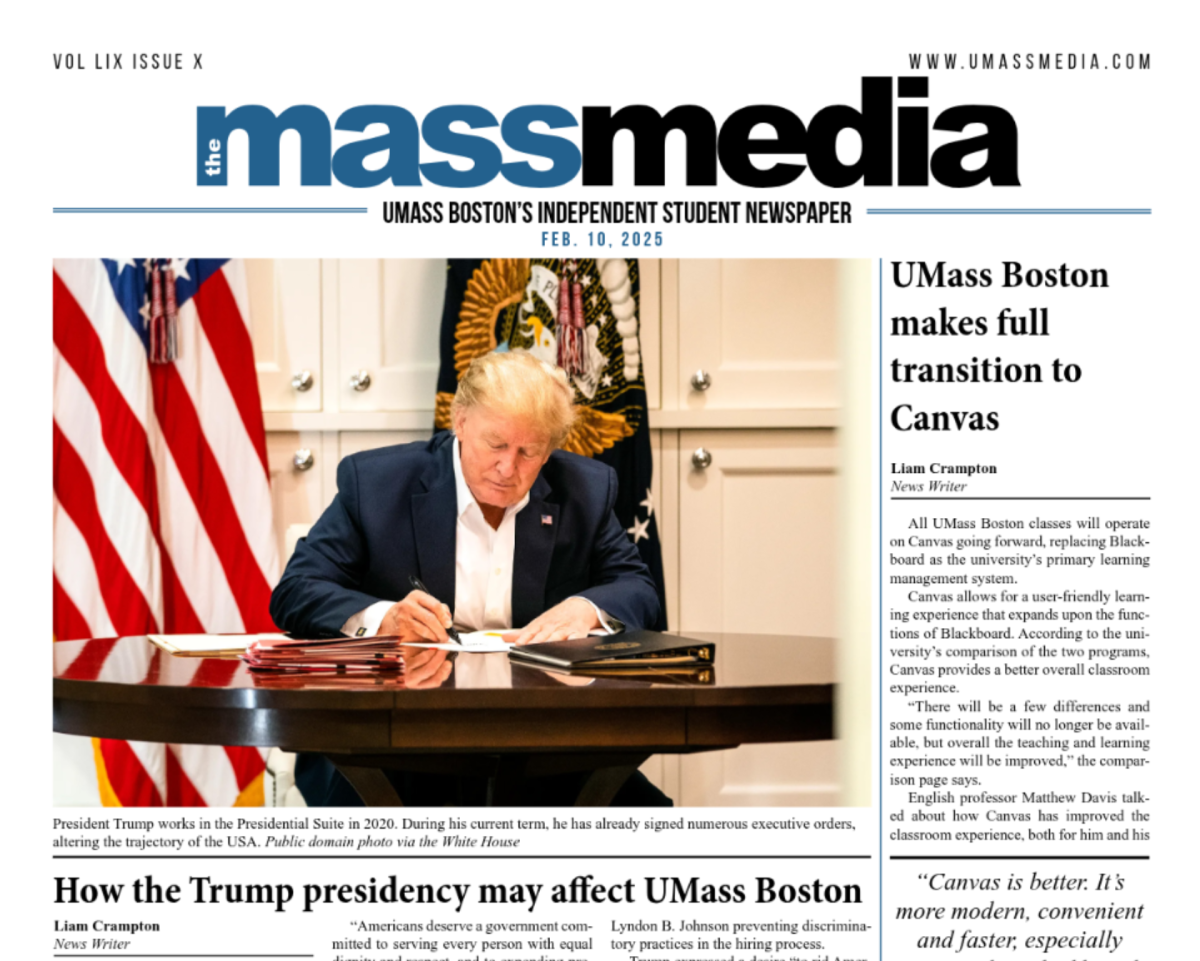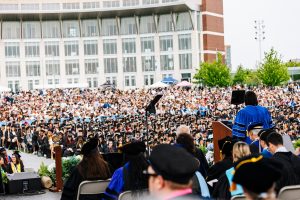Senate Notes: President Pham Resigns
December 12, 2003
Senate President Tuan Pham resigned at the last Student Senate meeting of the semester after a tumultuous seven months at the helm of the student government association.
The resignation was a result of his plans to go abroad to study at Oxford.
In his resignation letter, read aloud during open forum, Pham said, “It is sad to leave an organization you have been with and grown with for so long, but I am confident of your next leadership team.”
He also gave a preview of what was to come in his absence: “In the coming years, you will see an overhaul of the bylaws that will be more applicable to our current form, policies from each subcommittee to streamline business, and hopefully a 3-branch student government.”
All this, on top of the upcoming opening of the new campus center, he said. “I cannot imagine a more exciting time to be in student government and help shape the face of our campus than the current.”
Pham noted the controversy over House Bill 2400, the legislation that would change waivable fees on tuition bills to optional ones, from opt-out to opt-in. Pham had been trying to push a resolution through the senate in support of HB2400, and ran up against the Massachusetts Public Interest Research Group, which was lobbying heavily against it, and pressuring senators to vote against the resolution. If passed, HB 2400 stops the flow of the $6 fee into MassPIRG coffers. “In my fight to pass Resolution 2400, I saw a bigger fight, a more valuable fight,” he said. “I saw a fight among each senator to advocate and protect what he or she believed in. And as simple as that may sound, it is indeed grand in the scheme of things. Ultimately, we must fight for what we believe in, irrespective of any special relationships.”
Pham leaves for Oxford after two years on the Student Senate. Representing the College of Management, he rose up through the ranks to become vice president, and stepped in as interim president when then-President Joseph Panciotti resigned in the spring semester of 2003. Following a close vote at the end of the academic year, he was elected president. Fritz Hyppolite, his opponent in the election, will now serve as interim president until elections take place in April 2004.
Controversy, specifically over MassPIRG and HB 2400, still dogged the senate, but not to the degree of last year, where infighting and backbiting over the issue of a campus ombudsperson made headlines and nearly tore the student government apart.
The battle over MassPIRG and its waivable fees pushed other items off Pham’s agenda, such as making teacher evaluations public.
Senate Called “Too Professional”
Some student groups are calling the Student Senate’s behavior this semester “too professional,” while praising them overall for a relative improvement over last year.
Some student groups, which frequently go before the senate for money to fund events, are complaining that the senators are too vigorous in asking questions of their proposals.
A frustrated Phouc Do, of the Vietnamese Student Association, recounted how he had to stay for a meeting of the Student Events and Organizations Committee (SEOC) until nearly 5pm, due to an emergency meeting on the MassPIRG issue, only to have his proposal delayed until the next meeting because of an apparent lack of information. “I feel like I’m jumping through hoops just to get this done,” he said.
Do said he compared his proposal to others, and “They hacked mine to bits.”
“I was really more steamed than satisfied with how it turned out,” he said.
“They expect a law-school type of presentation,” said one person who asked not to be named. “They want to see a proposal that’s one way, and Bob Cole, assistant director of Student Life, wants it another,” the person said. “They need to have Student Life properly train students for presentations.”
Some see a positive change in the professionalism, noting that senators appear to be more engaged in the process and asking more questions.
“I think they’re doing fine,” said Nancy Derby, an editor of The Watermark, UMass Boston’s literary magazine, adding that they’re doing much better than they have before.
Maria Placensia, of Casa Latina, also said they were doing “a lot better than last year.”
The Student Senate itself, when asked about accusations of too much professionalism, defended the questioning.
“That’s what I was aiming for,” President Tuan Pham said.
Bryan Smith, chair of SEOC, said, “You can’t go off and approve things without knowing the information,” adding that if student groups don’t have it right then, they are told to come back.
Joyce Morgan, director of Student Life, said that the senate had been doing well, pointing out that they had moved their meetings to the Ryan Lounge, a more public place than the previous venue of the Wheatley Student Lounge. “Overall, it’s been good,” she said.
$12 SATF Increase Resolution Passes
The Student Senate, with barely enough people to form quorum, passed a resolution in support of an allocation of $12 per student to the Student Activities Trust Fund from the upcoming $750 fee increase.
Senators and UMass Boston administration had been working together for several months to hammer out an agreement over the twelve dollars.
The fee increase will appear on tuition bills this spring, but the allocation is not expected to take effect until next fall, since it has to go before the UMass Board of Trustees first, mostly likely in February. As a result, the administration will reduce the curriculum fee “so that students are not overcharged.”
Calling it “reasonable,” and mostly a bureaucratic thing to take care of, Vice Chancellor of Administration and Finance David MacKenzie noted that Vice Chancellor of Student Affairs Keith Motley was also involved in negotiations with students, and that the Board of Trustees ultimately approves all fee changes.
The allocation was to “support better quality student program and life,” according to the resolution, written by Student Senate President Tuan Pham and Student Trustee Omar Bukhari.
An attempt was made last February by the senate to raise the student activities fee by 20%, but failed to pass, leaving the Student Activities Trust Fund (SATF) with a forty thousand dollar shortfall. The administration had to make up the difference.


